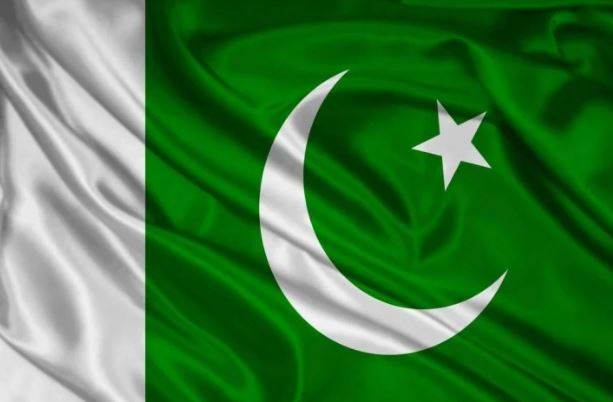
08-May-2020
Minorities Of Pakistan Facing Persecution During COVID-19
Due to Coronavirus, marginalized citizens are the most vulnerable in any country of the Western world, West Asia, and South Asia. Whether it is the United States or Australia, the worst affected are those who have been infected with Corona. The after-effects of Corona also include the economic challenges that these people are facing today.
Minorities are marginalized in these countries and societies. According to the latest reports, South Asians are among the most affected in the UK, including Pakistanis, Indians, and Bangladeshi. Black communities are a minority in America.
Despite being faced with problems due to the small population of minorities in Pakistan, they are not affected in a big way, as it appears in the region. Also in the month of Ramadan, Pakistanis went out to help the poor and helped the minorities in the era of Coronavirus.
The bailout and zakat given to the poor is mandatory for every Muslim family. Pakistan is a liberal country in terms of charitable donations and according to a study by the Standford Social Innovation Review, it donates more than one percent of GDP.
A study by the Pakistan Center for Philanthropy shows that the country donates 240 billion rupees a year as charitable donations to Pakistan in the year 1947, with 23 percent of the minority, now down to four percent.
There are many small religious groups in Pakistan, including Sikh, Parsi, Jikri, Bahai, Buddhist, and Kalash, but Hindu, Christian, and Ahmadiyya are large and extremely prominent minority religious groups. There are also transgender groups, to which the government has provided national identity cards, driving licenses and passports.
Special wards have been set up at the hospital in Islamabad for transgender patients. The ration was distributed among members of the transgender community who were victimized due to the recent lockdown. The coronavirus has created challenges for all Pakistanis, but most of the complaints have come from the Christian community.
There have not been many complaints from Hindu minorities, because there are some very rich, wealthy businessmen and landowners among them. Apart from this, the mutual relationship between them is very strong.
A large population of Hindus lives in Sindh, where they help each other. But the US International Religious Freedom Commission complained that food and food were not being deliberately provided to Hindus and Christians amidst the proliferation of Covid-19 in Pakistan.
The commission's target was particularly Karachi, from where reports have come that the Sayani Welfare International Trust, a non-governmental organization established to help homeless and seasonal workers, has been denying food aid to Hindus and Christians.
The government immediately heeded this complaint and resolved the problem. Prime Minister Imran Khan once again reiterated that minorities should be taken special care of, as they are Pakistani citizens. A large-scale economic program has also been launched for the poor who lost their jobs due to lockdown, under which Rs 12,000 is being given to every man every month. Its scale is not a religion, so everyone can apply for help, but they have to prove that they are facing difficulties.
Apart from this, volunteers in Pakistan are distributing ration bags especially in the areas where minorities live. More people are facing difficulties than those working in the corporation. Six years after the landmark Supreme Court verdict (which stated the need for a body for minorities), the government is going to bring a bill with the intention of forming a National Council for Minorities, which will be tabled in Parliament for further proceedings.
According to the draft bill, all members of the council will be non-Muslim and this bill will give religious minorities living in fear of persecution for a long time the right to decide their own destiny.
The Bill states that it will prove to be important not only in protecting the social, political and economic rights of religious minorities, but also in promoting them. As a result, it will also strengthen the political foundation of the country.
Dealing with minorities has always been a controversial issue in Pakistan, but a minority membership body can tell the government exactly what is needed to prevent harassment. This week, as soon as the number of corona-infected people crossed twenty thousand, the government finalized the formation of the National Minorities Commission.
The bill is a response to the long-standing demand of the minorities, who wanted the government to enact laws to prevent discrimination in employment, education, and society, and to remove incestuous things from the books. If this bill is passed by Parliament, it will strengthen the legal framework guaranteeing fundamental rights to minorities living in the country.

Content Writer/Journalist
I am a content writter !
Join Our Newsletter
Subscribe to our newsletter to receive emails about new views posts, releases and updates.
Copyright 2010 - 2026 MindStick Software Pvt. Ltd. All Rights Reserved Privacy Policy | Terms & Conditions | Cookie Policy